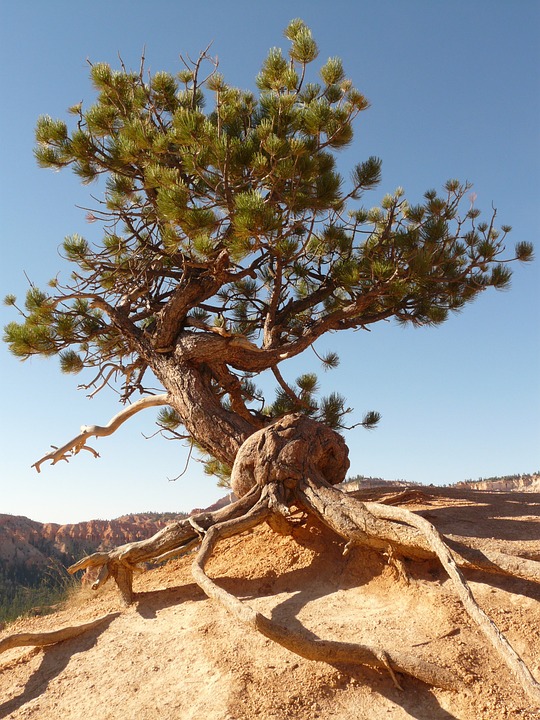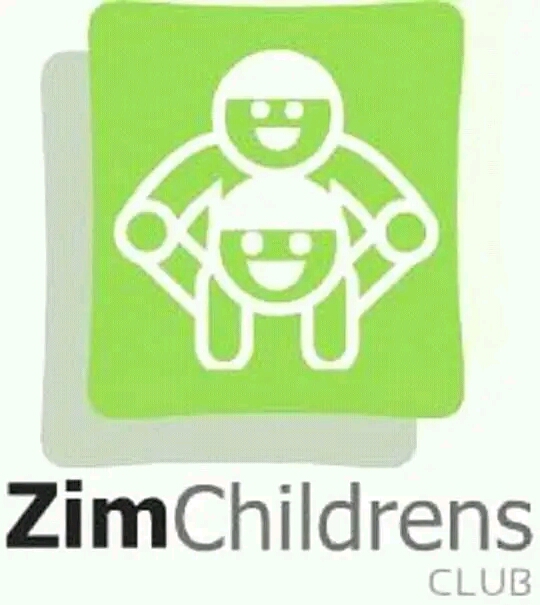
Why the Less Privileged Matter Most in Times of Drought
Droughts, a harsh reality for many, disproportionately affect the less privileged. While the impact of these natural disasters is far-reaching, it is the marginalized communities that bear the brunt.
Why should we care?
• Vulnerability:
• Limited Resources: The less privileged often rely on subsistence farming or low-wage labor, both highly susceptible to drought's devastating effects.
• Poor Infrastructure: Inadequate access to clean water and sanitation exacerbates the crisis, leading to health issues and disease outbreaks.
• Food Insecurity: Reduced crop yields and livestock losses directly threaten food security, pushing families into hunger and malnutrition.
• Exacerbated Inequalities:
• Economic Disparity: Droughts widen the gap between the rich and the poor. The wealthy often have the resources to cope, while the marginalized struggle to survive.
• Social Unrest: Desperate times can lead to social unrest, migration, and conflict, further destabilizing vulnerable communities.
• A Moral Imperative:
• Humanity: It is our collective responsibility to support those in need, especially during times of crisis.
• Long-Term Impact: Investing in the resilience of marginalized communities can prevent future suffering and promote sustainable development.
What can we do?
• Donate to Relief Efforts: Support organizations providing aid, such as food, water, and medical supplies.
• Advocate for Policy Change: Encourage governments to prioritize climate adaptation and disaster preparedness.
• Raise Awareness: Share information about the impact of drought on vulnerable communities.
• Volunteer: Offer your time and skills to local organizations working on drought relief and sustainable development.
By recognizing the unique challenges faced by the less privileged during droughts, we can take meaningful action to alleviate suffering and build a more equitable future.
